
views
- Universal themes are themes that are relatable to a wide audience, regardless of time period or background. Stories can have more than one universal theme.
- Some of the most common universal themes include love, power, justice, change, and coming-of-age.
- For example, the universal theme of love is famously present in Shakespeare’s Romeo and Juliet, a story that continues to connect with people five centuries later.
Common Examples of Universal Themes
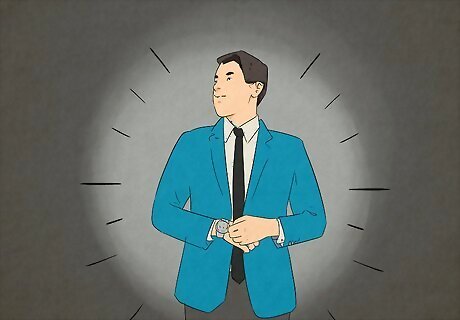
Power The human desire for power (and what people will do to get it) is a common theme in many stories. The theme of power may manifest as a corruption of power, abuse of power, struggle for power, or an examination of how gaining or losing power shapes human behavior. Themes about power may involve authoritative powers like the government, such as in George Orwell’s 1984 or Suzanne Collins’ The Hunger Games.
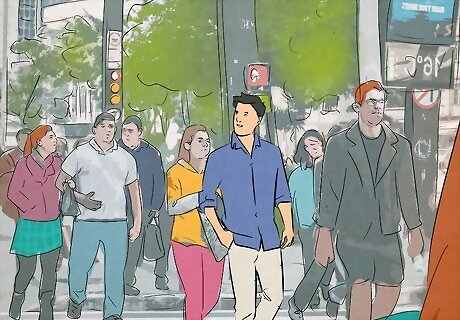
Society Societal themes are broad and may encompass conformity vs. individuality, gender roles, war and peace, or class struggles. These themes often question societal structure and norms, especially when it comes to concepts like money and prejudice. The role of class and money in society is a central theme in F. Scott Fitzgerald’s The Great Gatsby. Only the wealthiest characters survive through the tragic events of the book, showcasing the privilege that comes with money and the consequences for the lower classes.

Change Characters may change personally and transform their identities and lives, or they may experience change in the world around them. The theme of change may also include discussions on fear of change, the ability of human beings to change, and how inevitable change is throughout one’s life. In J.D. Salinger’s The Catcher in the Rye, the protagonist fears change but must embrace its inevitability, however difficult.

Justice Some stories are strongly driven by a character’s quest for justice. These characters are motivated by seeking justice for themselves or someone else. Often, this theme is combined with a political or ethical message that targets the injustices of our world. In Harper Lee’s To Kill a Mockingbird, the main character’s father seeks justice for a Black man who was unjustly accused of a crime.
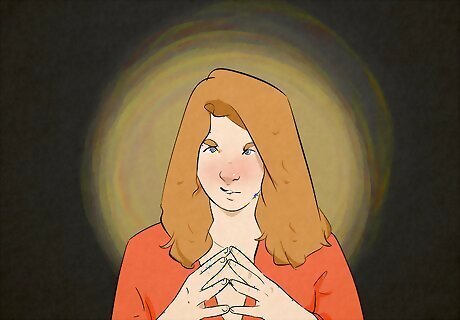
Revenge Sometimes referred to as “unrighteous justice,” revenge themes use characters motivated by revenge and justice. However, unlike the justice theme, this character is often in the wrong or morally gray. In Wuthering Heights by Emily Brontë, Heathcliff wants justice and retribution after his true love marries someone else. However, his efforts are often cruel and hurtful to those around him.
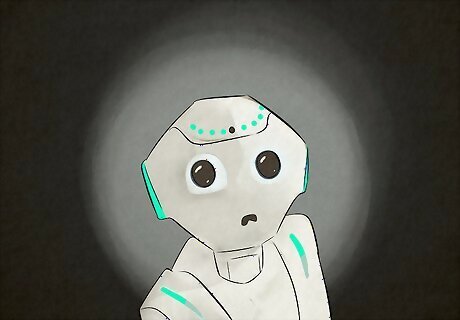
Technology This theme often centers on technology as an antagonist to the central character or humankind in general. Technology is a popular theme in science-fiction novels, where it plays an important role in futuristic worlds and (often dystopian) societies. The use and development of technology may bring up other themes about ethics and innovation. In 2001: A Space Odyssey, the human crew is pitted against the ship’s supercomputer, raising questions about digital consciousness, who deserves to live, and why.

Nature When nature is part of a story’s theme, it is often the antagonist or driving force behind the character’s decision. Characters are often powerless compared to the strength of nature, and they either succumb to it or learn to live alongside it. In Hatchet by Gary Paulsen, a young boy survives a plane crash and must overcome various challenges presented by his wild surroundings to survive.
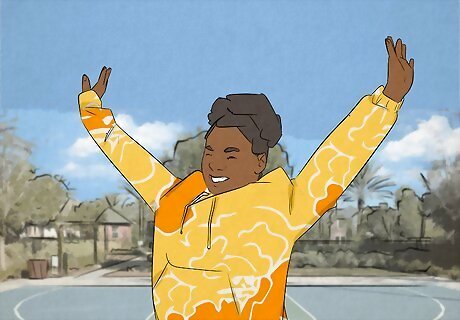
Coming of Age One of the most universal human experiences is growing up and transitioning from childhood to adulthood. These stories center around a child or teen becoming an adult, or the main character may be an adult who is somehow maturing or transitioning into the next phase of their life. In Jane Eyre by Charlotte Brontë, the reader follows Jane from childhood to marriage, witnessing her emotional and internal growth as she discovers her identity and independence.
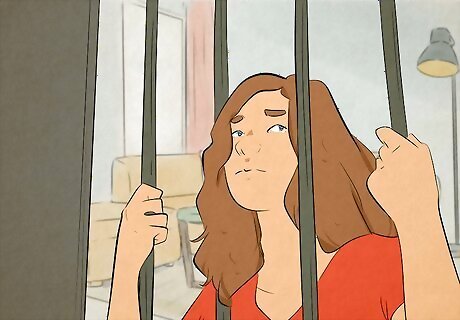
Loss of Innocence Often intertwined with the coming-of-age theme, the loss of innocence involves a character losing the childlike lens through which they see the world. For the first time, the character is somehow confronted with the harsh realities of life. In the film Stand By Me, a group of four preteen boys set on a lighthearted adventure to find the body of a missing boy from their town. What starts from their perspective as a heroic adventure turns into a somber lesson about the reality of death.
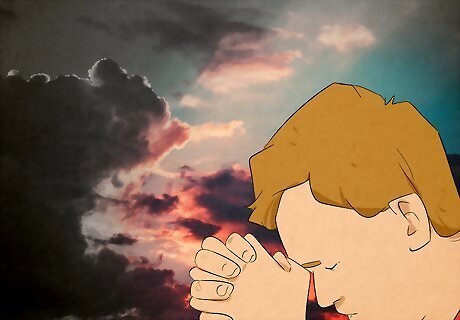
Redemption A redemptive theme takes a character who has done something wrong or evil and gives them a chance at change. This theme gives some hope to the reader, who can take away the message that everyone is capable of mistakes and deserves second chances. In Ian McEwan’s Atonement, a central character makes a mistake as a child that results in tragedy for the rest of the cast. She spends the rest of her life dealing with the consequences and trying to find redemption.

Good vs. Evil The classic theme of good versus evil turns protagonists against antagonists, often to challenge some moral dilemma. The antagonist could be a villain-type character or some force of evil, like discrimination or greed. In Harry Potter, for example, the forces of good and evil are represented by Harry Potter and Voldemort. Voldemort is very clearly an evil character who attacks the good-hearted protagonists of the story. Other stories have a more nuanced approach to good vs. evil, like in Marvel’s Avengers: Endgame, where Thanos believes that his terrifying goal of wiping out half the earth will serve the greater good.

Fate vs. Free Will This universal theme questions whether your identity is predestined or may change based on your life choices. Characters may choose to accept their fate or fight for their free will. In literary works like Macbeth and Oedipus Rex, the characters fall prey to self-fulfilling prophecies where their attempts to escape fate are the reason their destiny comes true in the end.
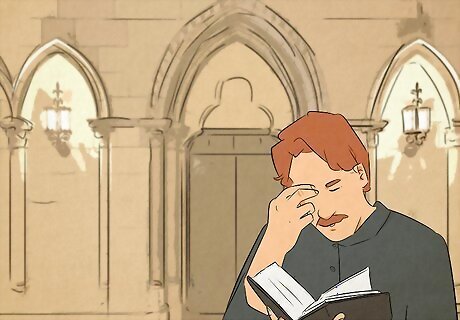
Faith Stories with faith themes explore spirituality and the human drive to find meaning in life. Besides religious faiths, this theme may also apply to faith in a spiritual entity, political systems, or cultural traditions. A protagonist or character may lose their faith or find a new one. Barbara Kingsolver’s The Poisonwood Bible explores faith in terms of how far people will go to keep their faith, as the central family’s father attempts to do as a missionary in Africa.

Perseverance Tales of perseverance focus on the power of pushing forward and never giving up. They also tell the reader that hard work will pay off with determination and resilience. These stories often feature an underdog who is considered unlikely to succeed but achieves their goals in the end. In the Rocky film franchise, Rocky is an aspiring boxer with little natural talent who faces up against a superstar boxing champion. He finds victory by believing in himself and training diligently, making him a textbook underdog.
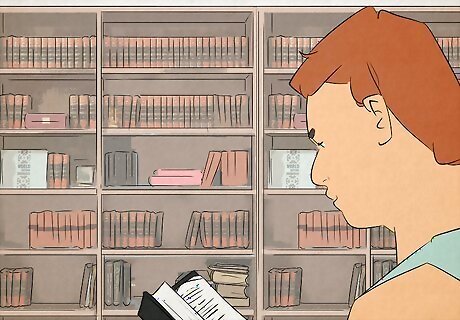
Knowledge & Education Humankind universally pursues understanding, wisdom, and learning. This theme sometimes involves human progress and scientific discovery. Often, it highlights the role of education in personal growth, empowerment, or blind conformity. In Dead Poets Society, for instance, the central teacher tries to teach his students to think for themselves and feel inspired by what they’re learning, rather than achieving knowledge through rote memorization and obedience.

Family & Friendship Family themes often question the true meaning of family, whether that definition only includes blood relations or something more. Characters may encounter conflict with family members, lose family members, strengthen their family ties, or discover found family. In Lilo and Stitch, the central message is that family means never leaving anyone behind or forgetting them. This thematic statement includes found family, as Lilo’s family brings Stitch into their family unit and makes him feel like he belongs.
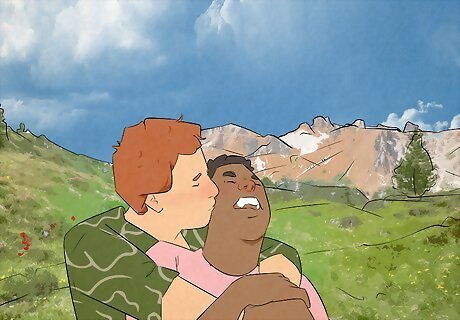
Romantic Love Themes about love may explore unrequited love, star-crossed love, true love, or any other form of romantic relationship. Love may be presented both in its positive effects and in the ways that it causes heartbreak and betrayal. In Shakespeare’s Romeo and Juliet, the titular pair’s love is powerfully felt but forbidden, with the young lovers choosing death over living without each other. In Jane Austen’s Pride and Prejudice, the conflict between Elizabeth and Mr. Darcy comes from their internal traits (i.e., his pride and her prejudice). However, they eventually find their happy ending.
What is a universal theme?

A universal theme is an idea or concept anyone can relate to. Its message should resonate with people across cultures, time periods, and geographical locations. Typically, a universal theme explores an important aspect of the human experience. Universal themes are distinct from other literary themes that may be specific to a certain culture or time. For example, the “American Dream” is a common theme in films and novels, but it’s only truly relevant to people who live in or are connected to the United States of America. That doesn’t mean that stories about the American Dream (or its decline) aren’t interesting or educational to people outside of America. However, the American Dream is not a universal theme everyone can directly relate to.

Universal themes can be found in books, films, or any storytelling media. Authors, writers, and other artists use universal themes to connect to their audience’s lives and emotions. For example, watching Greta Gerwig’s Lady Bird may make viewers remember the emotions and obstacles they encountered during their coming-of-age journey. Authors may use literary devices like symbolism, metaphors, and character development to further convey their central message and universal theme.
How to Use & Teach Universal Themes
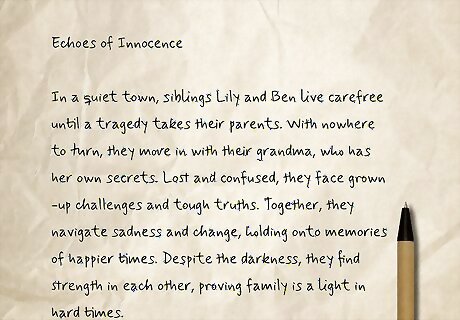
Consider the message you want to send when writing a universal theme. Explore different literary works that share the theme you want to write your story about. Draw inspiration from the world around you and your own life experiences. Work your theme into the conflict, either through an antagonistic force (like nature or discrimination) or a villain that personifies that theme. Use motifs to develop your theme. A motif is a recurring image or detail that underlines the central message, like the lavish parties in The Great Gatsby that highlight the wealth theme. Represent your theme using symbols like characters, objects, and settings. In The Great Gatsby, the green light Gatsby reaches for (and eventually cannot reach) symbolizes his dream for a future with Daisy.
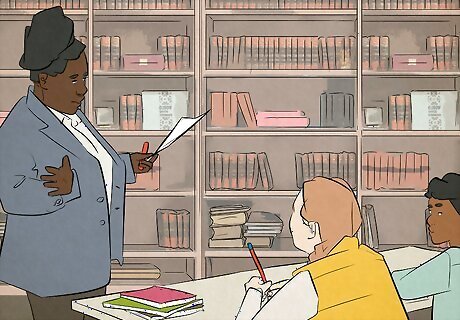
Teaching universal themes helps students relate to stories. Analyzing texts to identify a theme helps students understand the overall message and purpose of the novel, and they can relate the theme to their own life and resonate more deeply with it. Plan discussions around questions your students are already thinking about: What does it mean to be a good friend? What are the ethical implications of building robots or using AI tools? Start with more concrete details that students can identify, like setting, plot, and repeating symbols or motifs. Clarify the difference between the theme and the main idea. Themes are the underlying message, while the main idea is what the story is mostly about. Ask open-ended questions that require students to think deeply about a theme, like What is the role of education in society? or Why do people choose to behave with integrity?


















Comments
0 comment